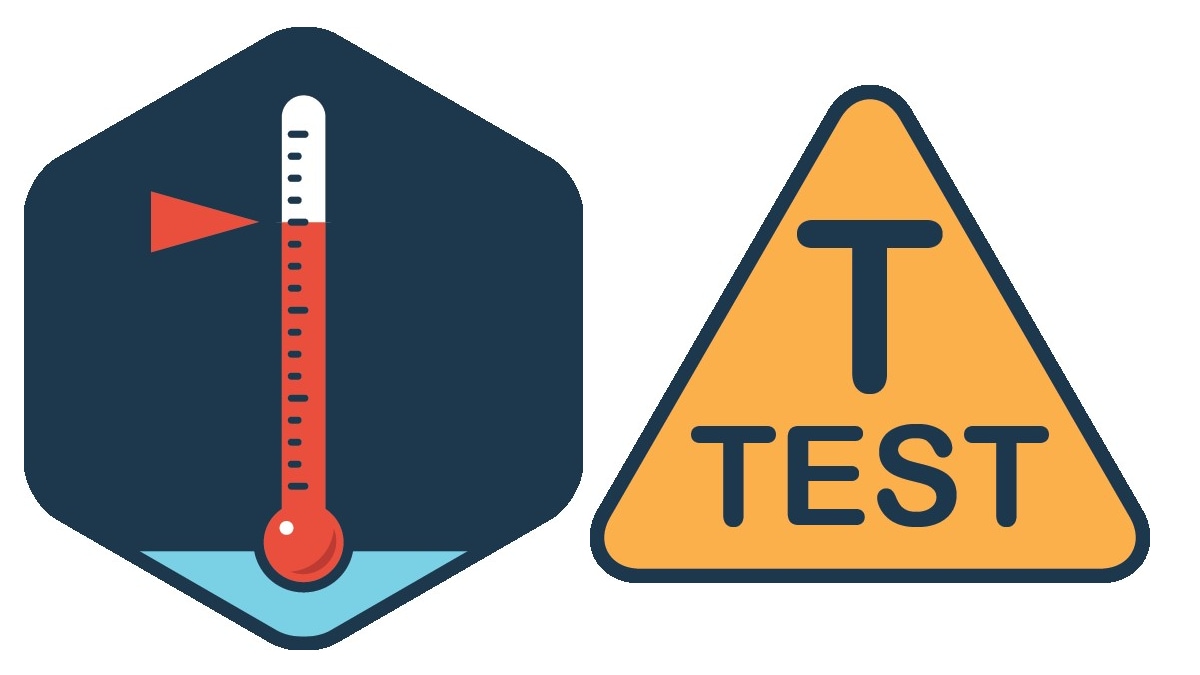Key points
- It's important to monitor the temperature, disinfectant residuals, and pH of building water, and identify areas where water moves slowly.
- Promptly addressing any identified issues can help reduce the risk of Legionella growth and spread within a building's water system.

Measure water temperature
Legionella grows best between 77°F–113°F (25°C–45°C). There's potential for Legionella growth in the absence of other Legionella controls under either of the following conditions:
- Cold water temperatures rise above 77°F (25°C)
- Warm water temperatures fall below 120°F (49°C)
Cold water guidance
Store and circulate cold water at temperatures below 77°F, although Legionella may grow at temperatures as low as 68°F (20°C).
Hot water guidance
Store hot water at temperatures above 140°F (60°C). Ensure hot water in circulation doesn't fall below 120°F (49°C) and recirculate hot water continuously, if possible.
Maintain water heaters at appropriate temperatures while following local and state anti-scald regulations. Sometimes maximum temperatures allowed by a state may be too low to limit Legionella growth. Engineering controls that mix hot and cold water together at or near the point of use can both:
- Reduce the risk of scalding
- Allow water in pipes to remain hot enough to limit Legionella growth
Measure disinfectant residual
Maintaining a disinfectant residual throughout a system can help prevent Legionella growth.
Action: Measure the disinfectant residual to confirm its presence.
Note the difference between the disinfectant residual value at the water supply and at fixtures.
Measure pH
Certain disinfectants work best within an optimal pH range. Learn more from the Environmental Protection Agency at Technologies for Legionella control in premise plumbing.
Identify areas where water moves slowly
Slowly moving or stagnant water increases water age, which provides opportunities for Legionella growth. Increased water age also contributes to disinfectant residual loss and water temperatures favorable for Legionella.
Action: Look for faucets or fixtures that aren't used regularly and flush them to maintain water flow.
